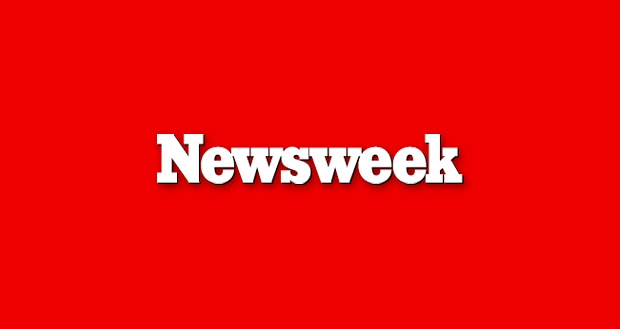Newsweek, the U.S. weekly news magazine that’s been in publication since 1933, today announced it would be going all-digital beginning in early 2013. The last print version will be the December 31, 2012 edition, and the company will rename its publication “Newsweek Global” when it goes digital-only, targeted web and app delivery.
In a memo from Newsweek editor Tina Brown and new CEO Baba Shetty, the news was framed in the light of Newsweek’s merger two years ago with The Daily Beast, which the memo notes now attracts over 15 million unique visitors per month, with 70 percent growth coming in the last year. It cites a flagging print advertising environment as the cause of a lot of Newsweek’s troubles, and points out that rapid growth of a digital audience found through Apple, Kindle, Zinio and Nook’s digital magazine platforms is making it clear what path it should take.
“Currently, 39 percent of Americans say they get their news from an online source, according to a Pew Research Center study released last month,” reads the piece. “In our judgment, we have reached a tipping point at which we can most efficiently and effectively reach our readers in all-digital format. This was not the case just two years ago. It will increasingly be the case in the years ahead.”
The transition will bring layoffs, as the note says in no uncertain terms. That’s to be expected for an organization abandoning an entire method of publication, but Brown & Shetty also write that they anticipate “the streamlining of our editorial and business operations both here in the United States and internationally,” so this isn’t just about cutting those involved in the print side of the business.
Newsweek’s problems lately are no secret. Even after the merger and Tina Brown’s ascension to the editor role, it was seen to have still been in a losing position around this time last year. Weekly news in an era of online news is a hard sell, owing largely to the immediacy of tools like Twitter that have become a real-time source of information for those looking for the latest. Estimates last year based on unique visitors also suggested that Newsweek was potentially acting as an albatross around the neck of the combined media entity, so even in going digital, the organization will have to do a lot to encourage the revitalization of the brand.
Others have charted this course to varying degrees, with the New York Times recently introducing a new web app designed for use with Apple’s iPad, and Future Publishing betting big on Apple’s Newsstand. But in Newsweek’s case, the transition will need to be faster, since the stakes seem higher, and that could mean we’ll see how the experiment turns out with them much faster than for other publishers.
